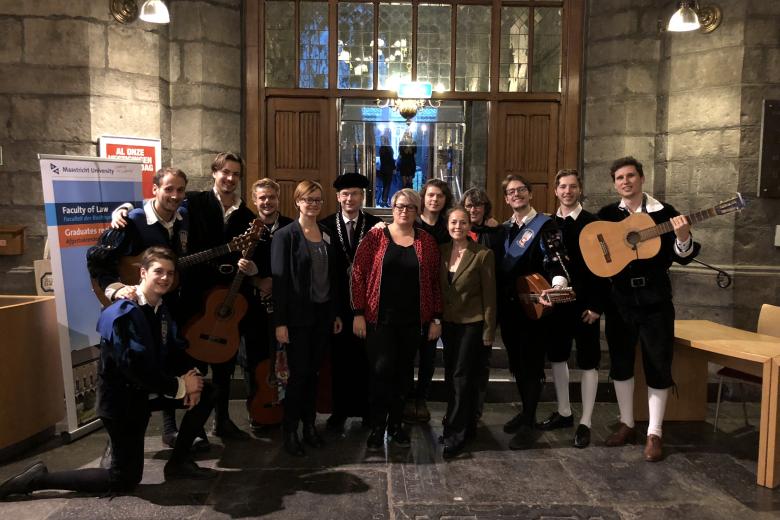Written by Alexander Hoogenboom, associate researcher at ITEM.
Recent case law of the Court of Justice on EU citizens’ access to benefits has been seen by some as a restrictive turn compared to prior case law, in response to a rise in populism. However, the article by Davies in a recent special issue of the Journal of European Public Policy is to be commended for its original take on this alleged ‘turn to restrictiveness’.









